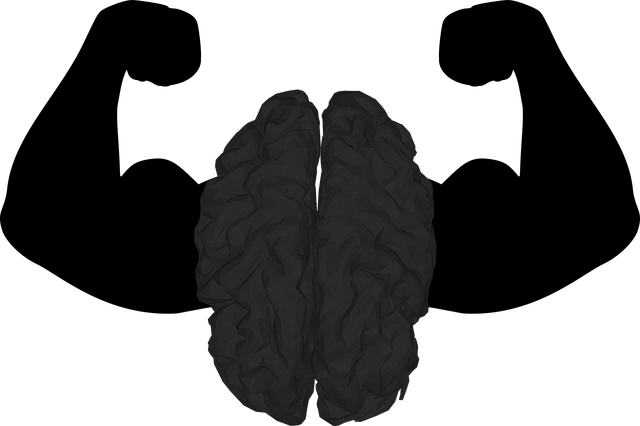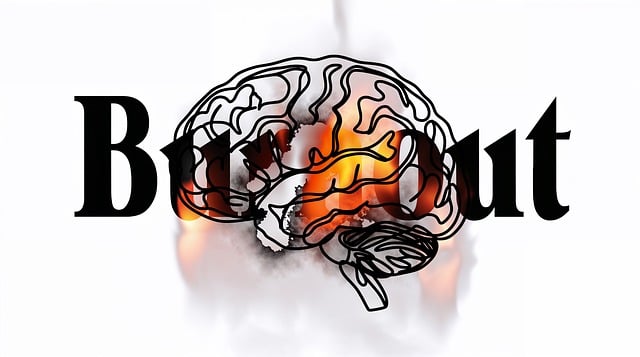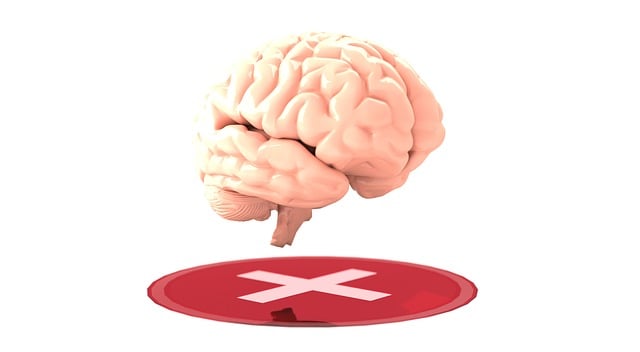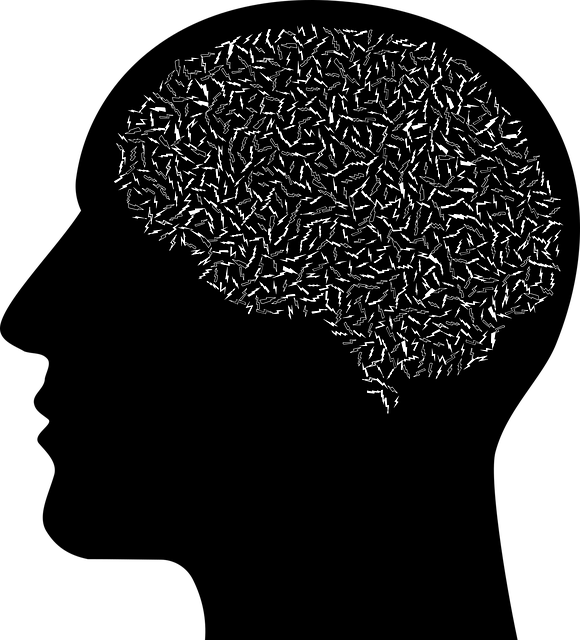Wheat Ridge Codependency Therapy (WRCT) offers a holistic approach to overcoming codependent behaviors and enhancing mental well-being through mindfulness meditation, counseling, and self-discovery. By establishing a dedicated meditation space, incorporating breathing exercises, guided visualization, and journaling practices, individuals can develop healthy boundaries, inner strength, and stress management skills. This evidence-based program not only treats codependency symptoms but also promotes lasting positive changes, reducing the risk of relapse, as supported by research from the Risk Assessment for Mental Health Professionals.
“Unwind your mind and embrace inner peace with a journey into mindfulness meditation. This comprehensive guide offers a step-by-step approach to transforming your practice into a powerful tool for self-discovery and healing. From understanding the fundamentals of mindfulness to exploring techniques like Wheat Ridge Codependency Therapy, we’ll equip you with the knowledge to create a sacred space. Learn breathing exercises, guided visualizations, and progress tracking methods to unlock the benefits of regular meditation.”
- Understanding Mindfulness Meditation and Wheat Ridge Codependency Therapy
- Setting the Stage: Preparing for Your Practice Space
- Breathing Techniques for a Strong Foundation
- Guided Visualization: A Powerful Tool for Meditation
- Tracking Progress and Embracing Change Through Regular Practice
Understanding Mindfulness Meditation and Wheat Ridge Codependency Therapy

Mindfulness meditation is a powerful practice that encourages individuals to focus on the present moment, cultivating awareness and acceptance without judgment. It involves paying attention to one’s thoughts, emotions, bodily sensations, and surrounding environment as they are, right here and now. This simple yet profound act can lead to significant improvements in mental well-being. By promoting self-awareness, mindfulness meditation helps individuals develop inner strength and enhance their ability to navigate life’s challenges with resilience.
Wheat Ridge Codependency Therapy (WRCT) is a specialized form of counseling that integrates mindfulness principles into its approach. WRCT aims to help clients understand and overcome codependent behaviors by fostering self-discovery and personal growth. The therapy focuses on developing social skills, building healthy boundaries, and cultivating inner strength. Through various techniques, including meditation and awareness exercises, individuals learn to recognize their emotional triggers, manage stress effectively, and make informed decisions. This holistic approach not only addresses the symptoms of codependency but also empowers clients to create lasting positive changes in their lives, thereby reducing the risk of relapse as evidenced by the Risk Assessment for Mental Health Professionals.
Setting the Stage: Preparing for Your Practice Space

Setting the stage for your mindfulness meditation practice is akin to creating a sanctuary where you can disconnect from the chaos of daily life and connect with yourself. Your practice space should be a quiet, comfortable area free from distractions. Consider lighting candles or using essential oils to create a soothing ambiance that promotes relaxation. A soft, supportive chair or cushion, along with a blanket, can make your sitting experience more enjoyable and help you maintain proper posture for extended periods.
Incorporating elements of cultural sensitivity in mental healthcare practice is also beneficial. Surround yourself with items or symbols that resonate with you culturally—be it artwork, music, or even specific scents—as these personal touchpoints can enhance your mindfulness journey. Remember, burnout prevention starts with creating a supportive environment that nurtures both physical and mental wellness. Pairing your meditation practice with journaling exercises from our Wheat Ridge Codependency Therapy program can further deepen your self-awareness and reflection, leading to improved mental wellness.
Breathing Techniques for a Strong Foundation

Breathing is a fundamental aspect of mindfulness meditation practice, often referred to as the cornerstone of Wheat Ridge Codependency Therapy. By focusing on the breath, individuals can establish a strong meditative foundation and cultivate a sense of calm. Simple breathing techniques such as deep belly breathing or counting breaths can help to anchor one’s awareness in the present moment, thereby reducing rumination on past events or worry about the future. This practice is particularly beneficial for those seeking Trauma Support Services, as it aids in regulating emotional responses and cultivating mental wellness through coping skills development.
Incorporating mindful breathing into daily routines allows individuals to cultivate a deeper sense of awareness and self-regulation. By paying attention to the inhalation and exhalation, one can gently guide their mind back to the body, dispelling distracting thoughts and fostering a state of tranquility. This practice is accessible to everyone and serves as a powerful tool for enhancing mental wellness, making it an essential component in the journey towards personal growth and healing.
Guided Visualization: A Powerful Tool for Meditation

Guided visualization is a powerful tool for meditation that can transport individuals to tranquil landscapes and serene environments. This technique involves using mental imagery to create a sense of calm and focus, helping to quiet the mind and reduce stress. By engaging in guided visualizations, one can explore inner spaces, connect with nature, or achieve a state of profound relaxation, all of which are beneficial for mental well-being.
For those seeking alternative methods of healing and self-care, Wheat Ridge Codependency Therapy offers innovative solutions, including guided visualization practices that promote mindfulness and emotional balance. Incorporating this tool into daily routines can enhance one’s ability to manage stress and develop stronger social skills, as demonstrated in various Stress Management Workshops Organization and Public Awareness Campaigns Development initiatives.
Tracking Progress and Embracing Change Through Regular Practice

Tracking progress is a vital aspect of mindfulness meditation practice, offering a way to measure growth and adapt your journey. By regularly assessing your experience, you can identify shifts in awareness, emotional regulation, and overall well-being. Start by setting clear intentions for your practice—what aspects of your life or mind do you wish to nurture through meditation? Then, utilise simple techniques like journaling to record thoughts, feelings, and the impact of each session. Note any challenges faced and strategies employed to overcome them, as these insights will guide future practices.
Embracing change is inherent in mindfulness; our minds and circumstances evolve, so must our practices. Regularity is key; consistent meditation fosters deeper connections with yourself and allows for more profound realizations. Consider each session a step towards self-discovery and resilience, especially when navigating codependency issues as addressed by Wheat Ridge Codependency Therapy. By integrating mindfulness into your routine, you can enhance stress reduction methods, improve mental health, and develop effective risk management planning strategies as part of a comprehensive Mental Health Education Programs Design.
Mindfulness meditation, as explored through the lens of Wheat Ridge Codependency Therapy, offers a transformative path towards self-discovery and healing. By creating a dedicated practice space, focusing on breathing techniques, and employing guided visualization, individuals can unlock profound changes in their mental and emotional well-being. Regular engagement with these techniques not only enhances mindfulness but also fosters adaptability to life’s challenges. Embracing this journey allows one to navigate life’s complexities with greater ease and clarity, ultimately fostering personal growth and a deeper sense of self.














